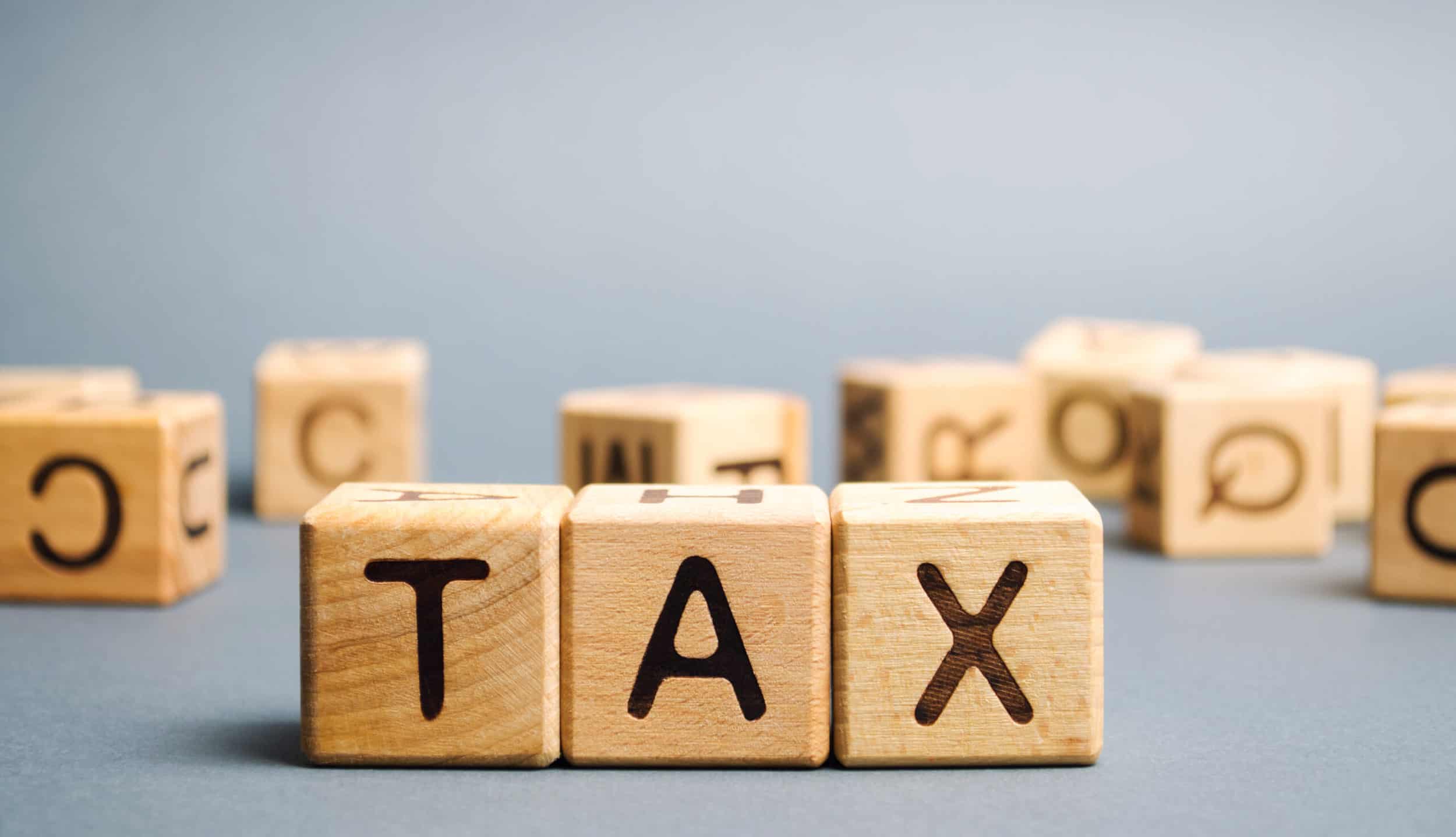Whilst death duty (also known as inheritance tax) is no longer payable in Australia, there remain other forms of taxation which could still impact upon your estate or intended beneficiary. Such forms of tax include:
- Stamp duty
- Land tax
- Capital gains tax
- Tax on superannuation
It is important to take into consideration the prospect of your estate or beneficiary incurring one or more of the above liabilities when bequeathing your estate. In certain circumstances, a potential liability can be reduced or avoided if proper consideration is given to the way in which an asset is gifted.
Stamp Duty
Stamp duty is a liability imposed by each State. Whilst the Queensland Government does provide exemptions for the payment of duty in certain circumstances (for example, if real property is to be transferred to your executor to be sold), any transfer of real property which falls outside the terms of a Will loses the exemption and will attract full duty.
Land Tax
Similar to stamp duty, land tax is a tax which is imposed by each State. When considering gifting real property to a beneficiary, it is important to keep in mind whether acceptance of the gift will trigger a land tax liability for the estate or beneficiary. For individuals, land tax will arise when the taxable value of the freehold land is $600,000 or more. Discounts do not apply for seniors or pensioners.
Land tax should also be considered as part of calculating the value of your estate. As land tax attaches to the land, and not the person, any liability will continue to be owed after your death. It is therefore important to take into consideration the amount of your annual land tax liability to ensure your estate has sufficient liquidated assets to pay its debts. This is particularly important if you do not want to sell real property (such as the family home) to pay debts or specific gifts of money.
Capital Gains Tax
Capital gains tax is imposed by the Federal Government. It will arise if the nominated beneficiary is a foreign resident, if you own more than two hectares of property or when an asset, such as real property, is transferred or sold and the owner of that asset has made a capital gain or loss.
Capital gains tax will be triggered when selling real property unless the home was the deceased’s principal place of residence, and it is sold within two years of the date of death. Exceptions to this rule can apply and largely depend upon the individual circumstances of each case. For example, in certain situations, capital gains tax can be deferred if real property is transferred directly to a beneficiary under the terms of a Will.
Capital gains tax can be a significant liability for an estate or a beneficiary. It is therefore important to consider whether such tax will arise after your death, and who will be responsible for payment of the tax when it becomes due.
Tax on Superannuation
Superannuation and tax can be complex. Ordinarily, if the funds are paid to a tax dependent on your death (i.e. your spouse, children under 18 or other financial dependents) they are tax-free.
For non-tax dependants, the tax payable on death benefits depends on the amount of tax paid pre-death. In this instance, your accountant can advise you on the amount of tax that may be payable.
To avoid the risk of an unintended taxation liability for your estate or beneficiary, it is important to obtain legal advice before preparing your Will. Depending on your individual circumstances, advice from an accountant may also be recommended.



